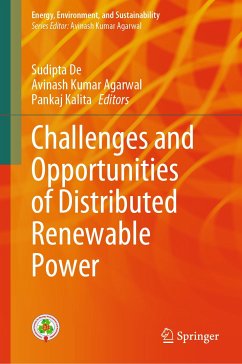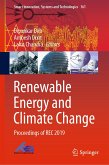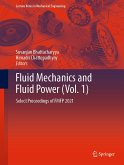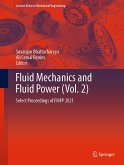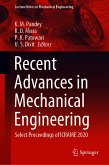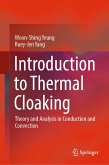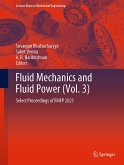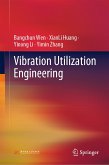Due to limited non-renewable resources and climate change problems, the global energy sector must be transformed from fossil fuel dominated to renewable energy based. However, due to constraints of resources, technology, locked capital in existing energy systems, limited financial support, and associated risks in investment, etc., this transformation is not expected to occur rapidly. Rather there should be an energy transition path with planned replacement of fossil fuel-based systems to renewable-based ones. Large-scale renewable power is yet to be dominant globally. Distributed renewable power is appearing to be more common as its implementation requires smaller investments with lesser financial risks. There are several options of such distributed renewable power with great prospects at different locations. Simultaneously, there are many challenges to overcome for successful implementation of such projects. These challenges are also multi-dimensional. In this book, several chapters address bright prospects of several options of distributed renewable power. Simultaneously, other chapters address challenges of implementation of such technologies. The chapters together cover a wide perspective of both prospects and associated challenges to be addressed for it. Chapters include technological issues, optimization of energy systems, logistics and policies, case studies etc. Researchers, industry professionals, and students can benefit from this book.
Dieser Download kann aus rechtlichen Gründen nur mit Rechnungsadresse in A, B, BG, CY, CZ, D, DK, EW, E, FIN, F, GR, HR, H, IRL, I, LT, L, LR, M, NL, PL, P, R, S, SLO, SK ausgeliefert werden.

